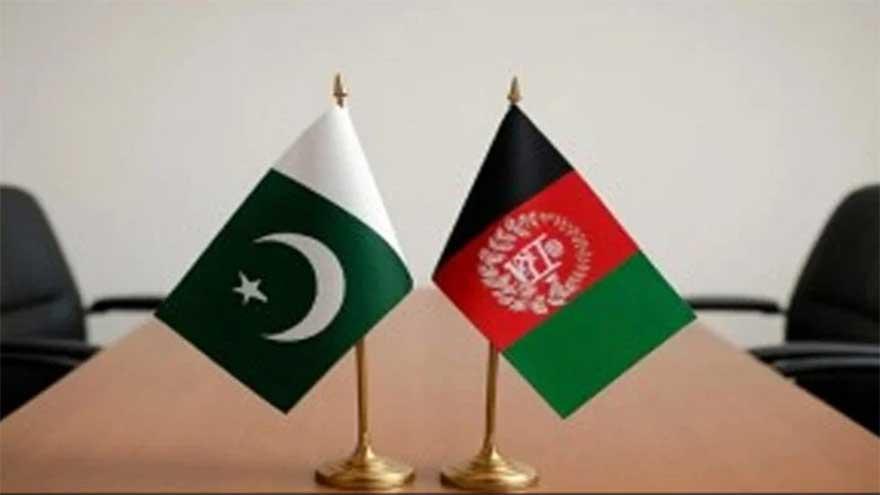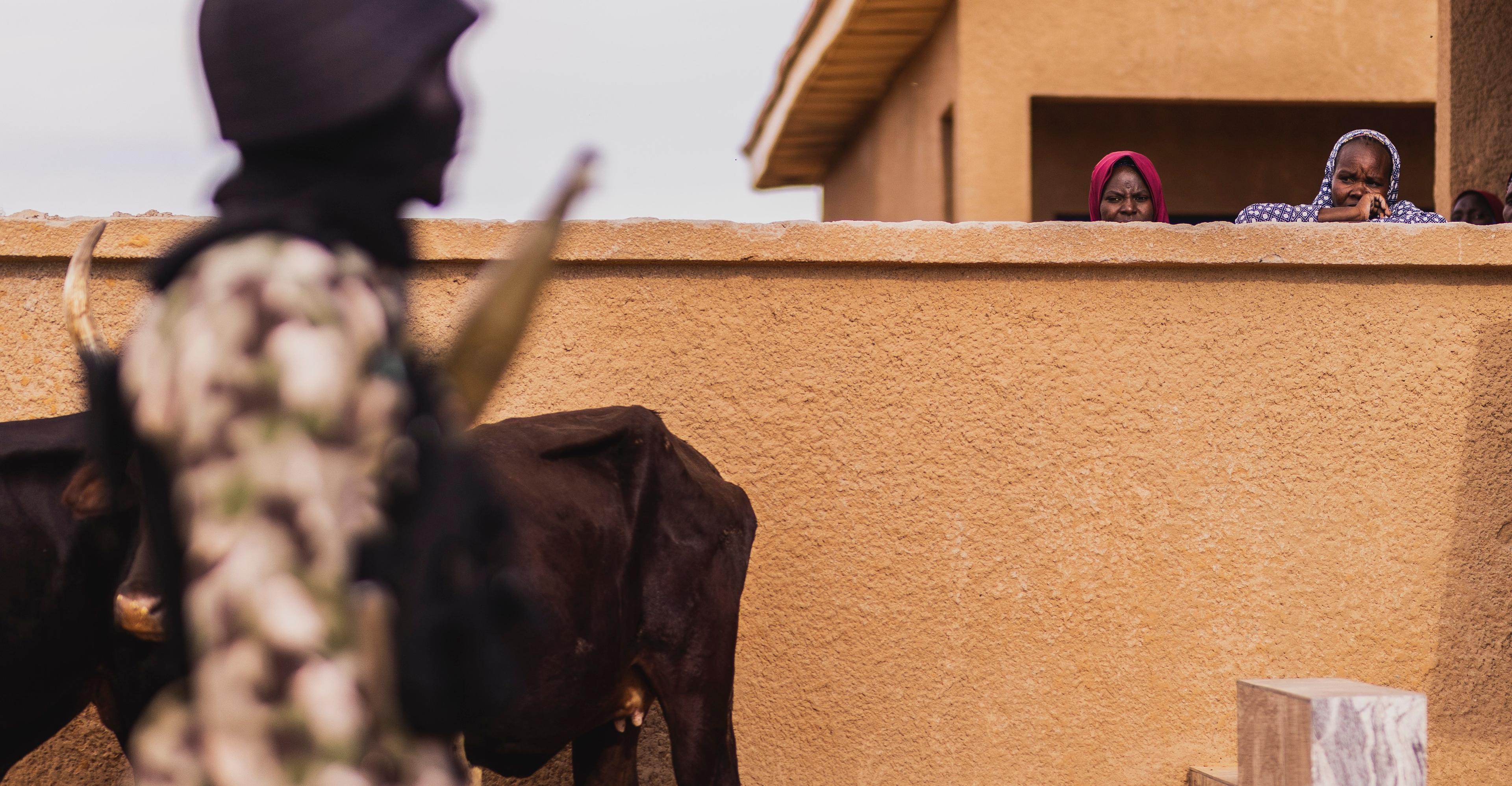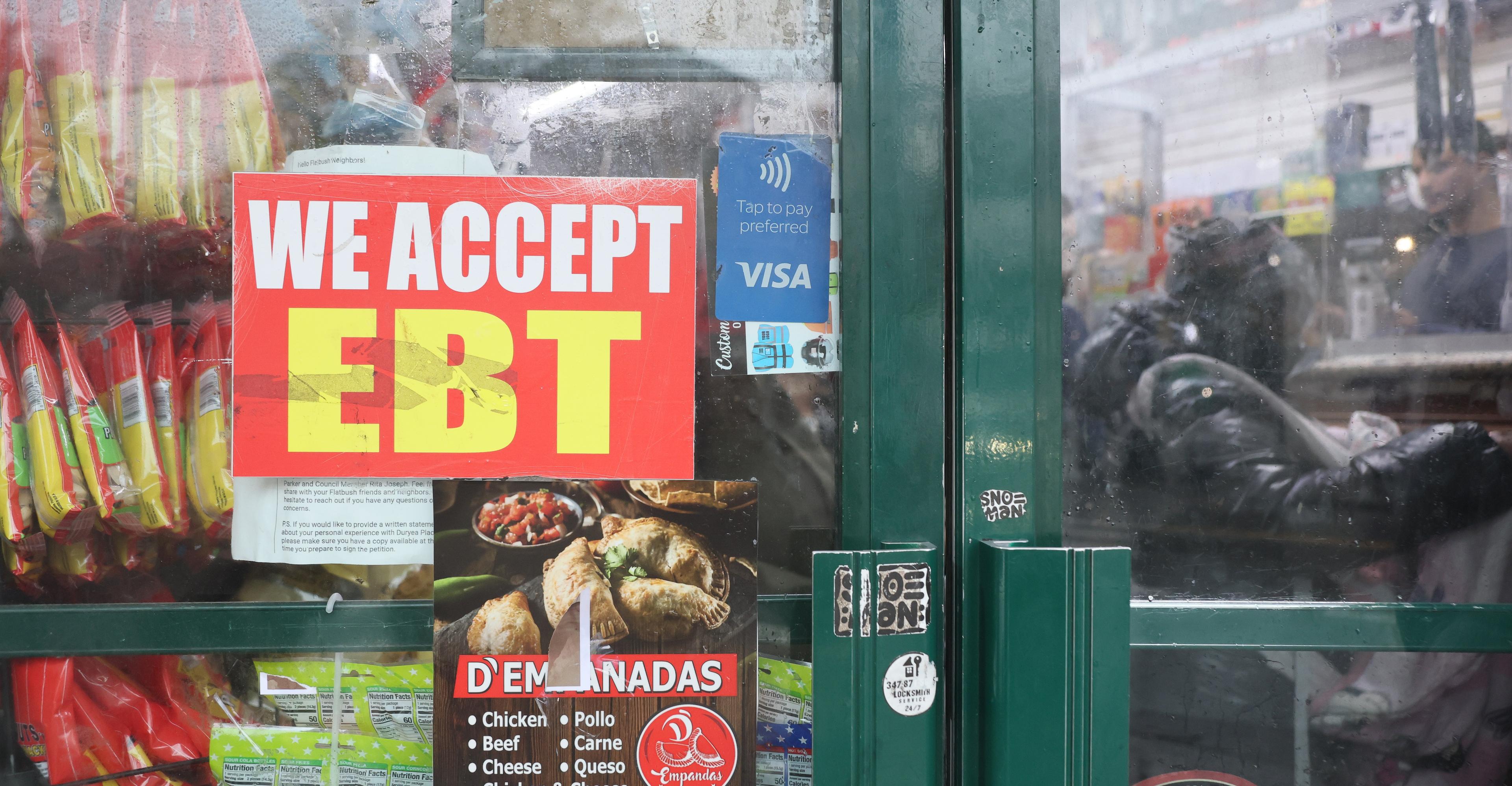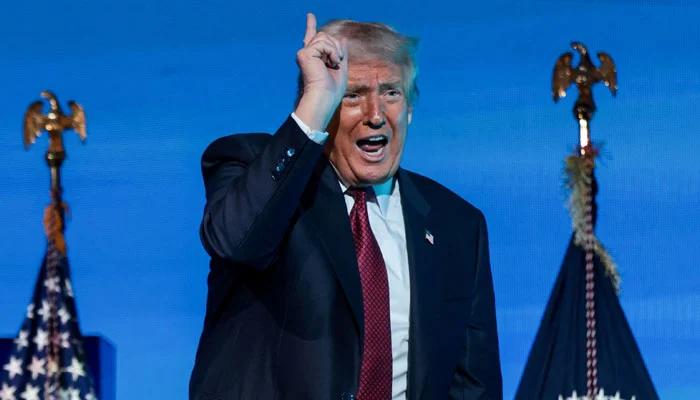Technology
- Home
- Technology
- News
Google to manufacture 600,000 Chromebooks annually in Pakistan: Shaza
Minister says Google has completed its registration in Pakistan and plans to open its office in country soon

Published 5 گھنٹے قبل on نومبر 8 2025، 4:48 شام
By Web Desk
Islamabad (APP): Federal Minister for Information Technology and Telecommunication Shaza Fatima Khawaja on Saturday said that Google will manufacture approximately 600,000 Chromebooks each year in Pakistan, marking a major milestone for the country’s technology sector.
Speaking to the media, she said Google has completed its registration in Pakistan and plans to open its office in the country soon.
Highlighting recent developments under the leadership of the Prime Minister, she said that Pakistan’s engagement with leading global technology and social media companies has entered a new and productive phase.
Shaza Fatima revealed that Google, in collaboration with the Ministry of Defence Production and the National Radio & Telecommunication Corporation (NRTC), has begun Chromebook manufacturing in Haripur. Launched as a public-private partnership with a local company, the project is expected to give a significant boost to Pakistan’s IT manufacturing industry.
The minister said the initiative aimed to provide affordable, high-quality devices, particularly for students and the education sector.
“Such high-tech ventures reflect global companies’ growing confidence in Pakistan’s economy, while also promoting technology transfer, international best practices, and new job opportunities,” she added.
During her visit to the Haripur facility, Shaza Fatima said she was pleased to see around 600 young men and women employed there. “As production expands, the assembly line will be extended to create more jobs and enable Chromebook exports,” she said , highlighting the strong participation of women engineers in advancing Pakistan’s technology landscape.
The minister also said that the Ministry of IT has finalised a memorandum of understanding (MoU) with Google to provide tech training for youth, particularly girls, with a focus on artificial intelligence (AI).
“We plan to open AI labs in Pakistan in collaboration with Google, especially targeting secondary schools to integrate AI education into the curriculum,” she said.
The Ministry of Education and provincial authorities in Punjab, Sindh, Balochistan, and Khyber Pakhtunkhwa are actively supporting the initiative.
Shaza Fatima highlighted recent developments with Meta, noting that its regional team visited Pakistan last month to train federal and private sector media teams on misinformation and disinformation management. In a significant step for AI accessibility, Meta’s AI platform is now available in Urdu, allowing students and citizens across Pakistan to learn, experiment, and develop AI applications in their national language—placing Pakistan among the few countries globally to offer this feature.
On the social media front, she said TikTok has launched a dedicated STEM feed in Pakistan, providing free educational content in science, technology, engineering, and mathematics. The initiative offers students and underprivileged communities access to learning resources through a widely used platform.
“These partnerships with global tech leaders highlight the immense potential of our youth, who are not only hardworking but also innovative and entrepreneurial,” Shaza Fatima said, emphasising that initiatives like AI labs, Urdu-language platforms, and educational social media features aim to equip Pakistan’s next generation with skills for a tech-driven future.
She also highlighted Pakistan’s growing collaboration with Saudi Arabia in technology and AI, describing it as a major step toward accelerating economic growth and creating job opportunities.
Saudi Arabia’s GO Telecommunications Group, she said, has launched an Artificial Intelligence (AI) Hub in Pakistan, connecting local tech companies with Saudi firms. “Through this platform, Pakistani freelancers, small businesses, and micro-companies can provide technology services remotely to Saudi companies without needing a physical office in Saudi Arabia,” she explained. Saudi companies are also setting up offshoring offices in Pakistan, further generating employment and boosting exports.
Shaza Fatima appreciated the role of the Special Economic and Investment Facilitation Council (SEIFC), established in 2022, in streamlining bureaucratic processes and removing business bottlenecks.
Shaza Fatima appreciated the role of SEIFC, established in 2022, in simplifying bureaucratic processes for businesses.
She said these efforts are boosting Pakistan’s reputation in global technology markets and opening new opportunities for the country’s youth in the international tech ecosystem.

Mattingly leaves Jays; Schneider to return in '26
- 16 hours ago

Gold prices plummet in Pakistan, global markets
- 5 hours ago
'Officer attaining rank of Field Marshal, Marshal of the Air Force, Admiral of the Fleet to retain uniform for life'
- an hour ago
Saim Ayub steers Pakistan to ODI series win over South Africa
- 5 hours ago
Sami Yusuf, Atif Aslam’s Sufi performance captivates fans
- an hour ago

How AI might actually start a nuclear war
- 15 hours ago
PM Shehbaz vows to safeguard Pakistan’s territorial integrity
- 2 hours ago

We can fix the goofy way we pay for vision care in the US
- 15 hours ago
27th Constitutional Amendment tabled in Senate
- 5 hours ago
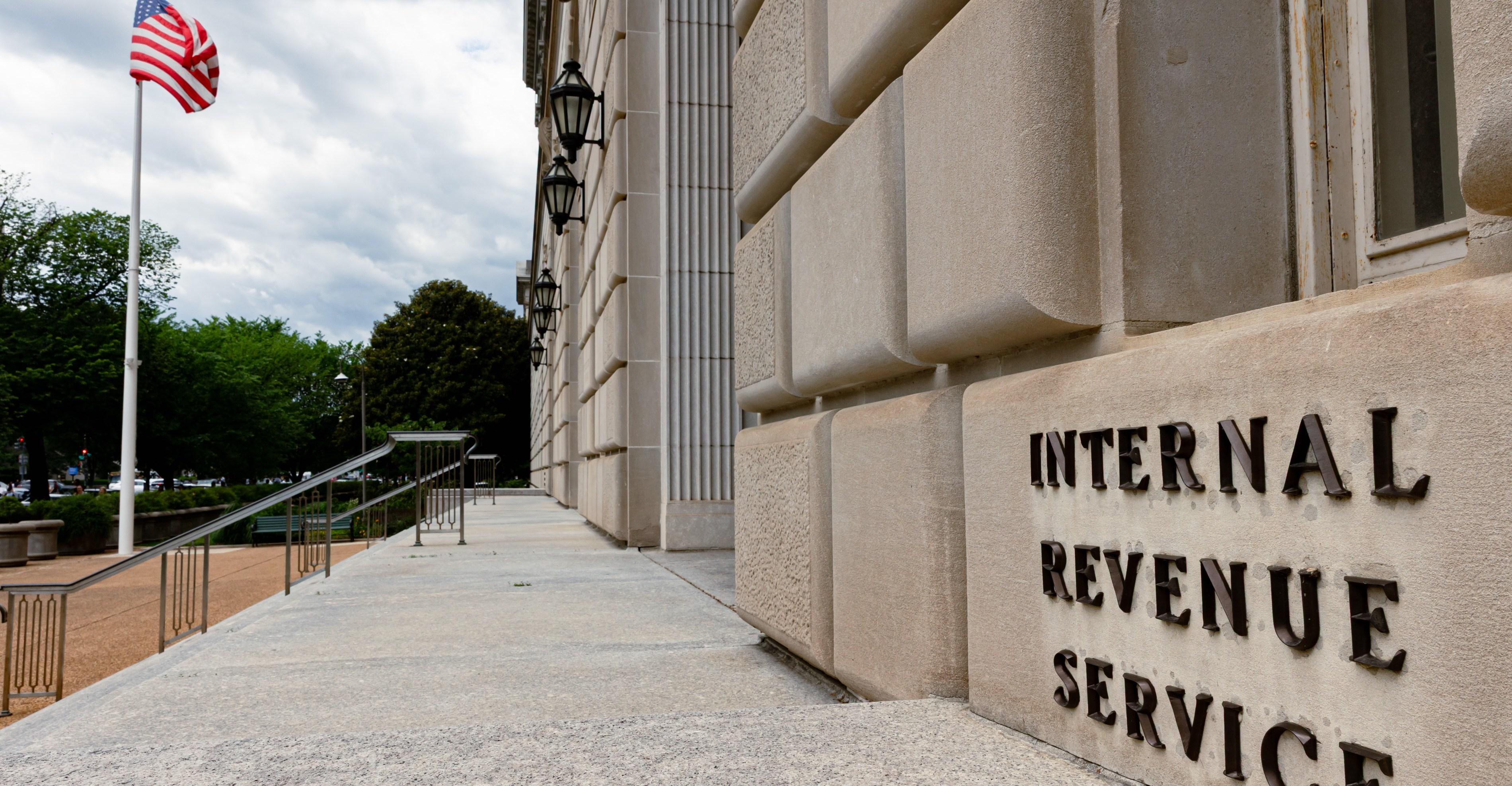
The end of free tax filing, briefly explained
- 15 hours ago

The most horrifying religion case to hit the Supreme Court in years is also one of the hardest
- 15 hours ago
Pakistan, Afghanistan peace talks collapse, ceasefire continues, Taliban says
- 5 hours ago
You May Like
Trending








